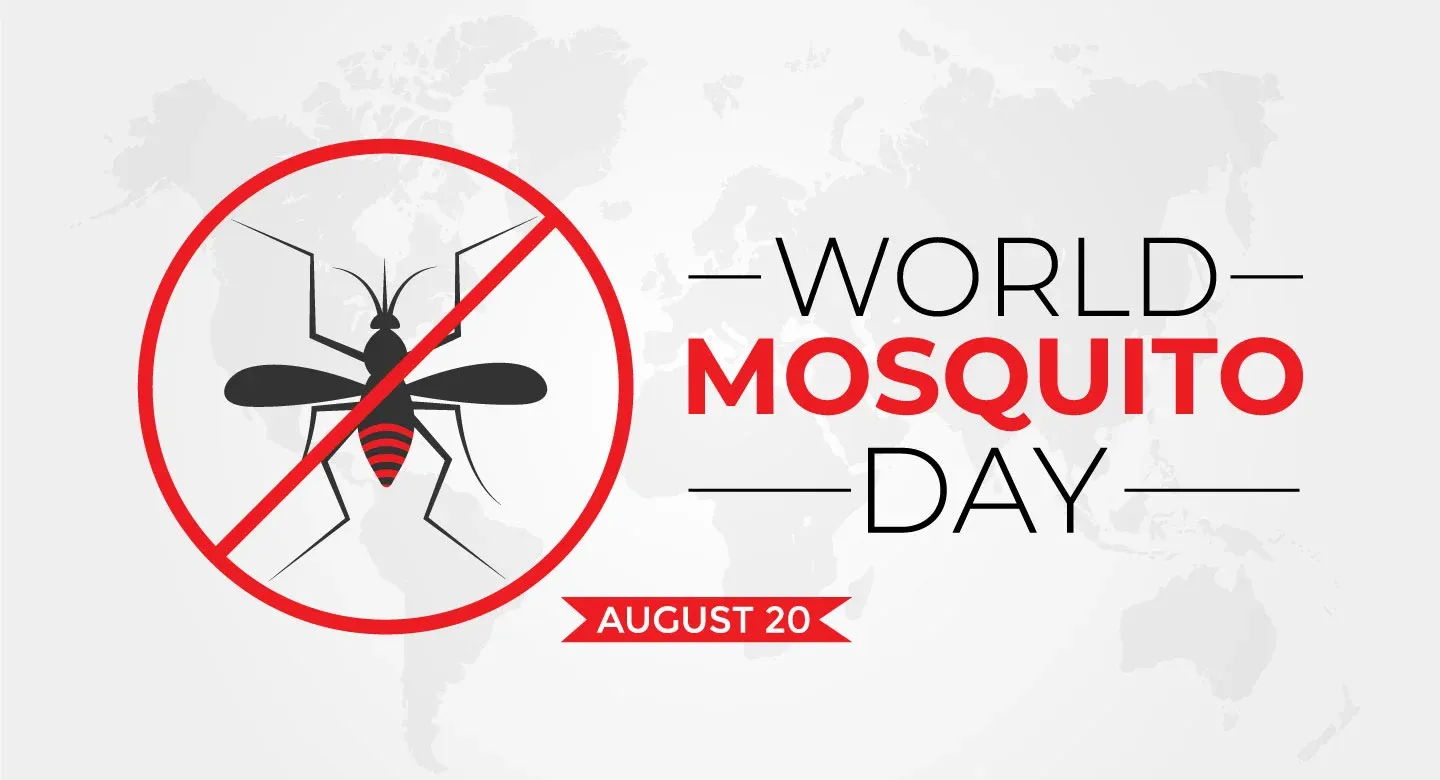Let's understand the threat of mosquito-borne diseases, how to prevent it and the importance of health insurance.
World Mosquito Day: Understanding the threat and how health insurance can protect you
World Mosquito day is observed every year on 20th August, which serves as a reminder of the impact that mosquitoes have on global health. It is important to understand how these mosquitoes can impact our health and how health insurance can play a crucial role in reducing the financial implications associated with treatment.
About World Mosquito Day
World Mosquito Day honours the discovery by Sir Ronald Ross in 1897 that female mosquitoes transmit malaria between humans. While malaria remains a major concern, mosquitoes are route for a range of other diseases like dengue, chikungunya and more. These diseases pose significant health challenges in various parts of the globe, especially in India.
Health impacts of mosquito-borne diseases
The health impacts of mosquito-borne diseases can range from mild to severe and in some cases, can be life-threatening. For instance:
Malaria: This parasitic infection can cause high fever, chills and flu-like symptoms. It can lead to severe complications such as anemia, respiratory distress and even death if left untreated.
Dengue fever: Characterised by high fever, severe headaches, joint and muscle pain and rashes, dengue fever can progress to a more severe form known as dengue hemorrhagic fever, which can result in bleeding, organ failure and death.
Zika virus: While often mild in its presentation, Zika virus can have serious consequences for pregnant women, as it has been linked to birth defects such as microcephaly.
Chikungunya: This disease causes severe joint pain that can last for weeks or even months, along with fever and rash. While rarely fatal, the debilitating pain can have a significant impact on a person's quality of life.
How to prevent mosquito-borne diseases?
Here are some valuable tips to prevent mosquito-borne diseases:
Wear protective clothing: Cover up with long-sleeved shirts, long pants and socks when outdoors, especially during peak mosquito hours (dawn and dusk).
Use insect repellent: Apply insect repellents to exposed skin and clothing.
Eliminate standing water: Mosquitoes need water to breed, so remove any sources around your home, such as pet water dishes, flower vases and clogged drains.
Use mosquito nets: If sleeping outdoors or in an area with no screens, use mosquito nets to cover beds.
Plant mosquito-repelling plants: Certain plants, such as citronella, lavender and basil, have natural oils that repel mosquitoes.
The role of health insurance in managing mosquito-borne diseases
While prevention is the first line of defense against mosquito-borne diseases, it is not always foolproof. The risk of infection remains even with the use of insect repellent, bed nets and other preventive measures. This is where health insurance comes into play.
Coverage for hospitalisation and treatment
Health insurance provides protection against the cost of hospitalisation and treatment for mosquito-borne diseases. The cost associated with treating these diseases can be significant, particularly if complications arise that require prolonged hospitalisation, intensive care or specialised treatments.
Access to quality healthcare
Having health insurance ensures that you have access to quality medical treatment when you need them the most. This is particularly important in the case of mosquito-borne diseases, where timely diagnosis and treatment can be very important to prevent severe complications.
The final note
While global efforts to control and eliminate these diseases continue, individuals must take personal responsibility for their health by adopting preventive measures and ensuring they have adequate health insurance coverage. So, this World Mosquito Day, along with following preventive measures purchasing a comprehensive health insurance not only provides peace but also ensures that you and your family are financially protected against the potentially high costs of treating mosquito-borne diseases.

Get Quick Quote


